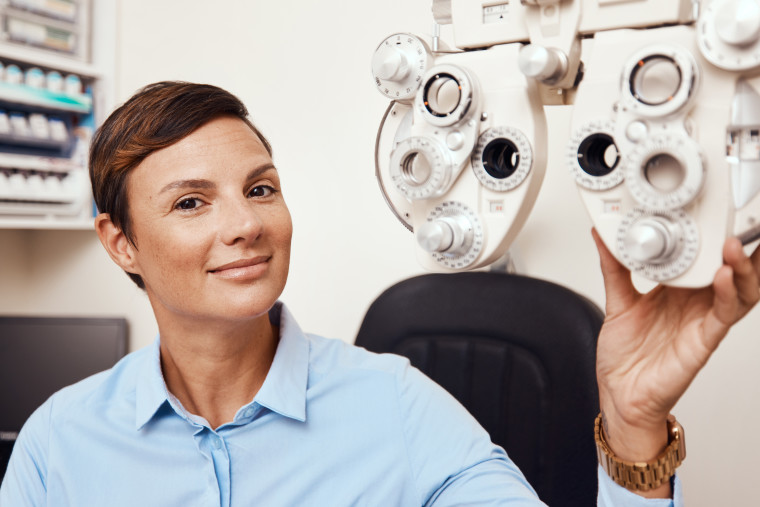All Categories
Featured
Table of Contents

Normal eye evaluations are important for keeping excellent vision and discovering prospective eye health and wellness issues early. Nonetheless, the regularity of these exams can vary considerably based on an individual's age, way of life, and overall health. Recognizing the advised timetable for eye tests can help ensure that individuals of any ages obtain ideal care and surveillance for their eye health and wellness.
Infants and Toddlers (0-2 Years)
For infants and kids, eye examinations are critical for identifying any kind of potential vision problems early. The American Academy of Ophthalmology suggests that a kid's very first eye exam need to occur at around 6 months of age. During this initial see, the eye treatment specialist will analyze the kid's aesthetic growth and check for any noticeable eye problems.Following this first exam, it is recommended that kids have another eye test at age three. This see will concentrate on examining the youngster's general visual feature, consisting of eye placement and the capacity to track objects. If no problems are detected, the following test ought to be scheduled prior to the child starts college, usually around age 5 or six.
School-Aged Kids (6-18 Years)
Normal eye examinations ought to be set up every one to 2 years when kids reach college age. Vision is important for learning and growth, and lots of institutions carry out vision screenings. These testings do not replace an extensive eye examination by an eye care specialist.For youngsters associated with sports or tasks requiring substantial aesthetic focus, annual eye tests may be a good idea. In addition, if a youngster exhibits indicators of vision troubles-- such as trouble reviewing, squinting, or regular headaches-- a check out to the eye doctor ought to be arranged as quickly as feasible.
Young Person (19-39 Years)
Young adults normally have fewer vision changes than older age, but routine eye examinations stay necessary. The general referral is to set up an eye exam every two years during this period. Nonetheless, people with certain threat factors-- such as a family background of eye condition, diabetic issues, or those that use call lenses-- need to consider yearly eye exams.Additionally, those that invest substantial time on digital gadgets might experience digital eye strain. If signs and symptoms such as dryness, tiredness, or blurred vision take place, it may be smart to see an eye treatment expert quicker.
Adults (40-64 Years)
Adults aged 40 to 64 must schedule eye exams every one to 2 years. Eye examinations can also aid find various other common age-related conditions such as glaucoma, cataracts, and macular deterioration.If individuals in this age have danger elements such as high blood stress or diabetes, they might require even more frequent examinations to check their eye health and wellness closely.
Elders (65 Years and Older)
For senior citizens, routine eye tests end up being also extra critical. The American Optometric Organization recommends that people matured 65 and older have an eye test at the very least when a year.Verdict.
Comprehending the proper routine for eye tests based on age is important for preserving ideal eye health throughout life. From babies to seniors, normal eye exams play a vital duty in discovering problems early and guaranteeing that vision remains sharp. By adhering to these standards and speaking with an eye treatment expert, individuals can take positive actions toward protecting their vision and overall health and wellness. Whether it's a kid's first browse through or a senior's yearly exam, focusing on eye care is a financial investment in lifelong health.Latest Posts
Diverse Automobile Fixing Providers Available for Different Car Kinds
Published Nov 23, 24
0 min read
Expert Roof Tear-Off Solutions for Homes
Published Nov 23, 24
2 min read
Reliable Flat Roof Services
Published Nov 23, 24
2 min read